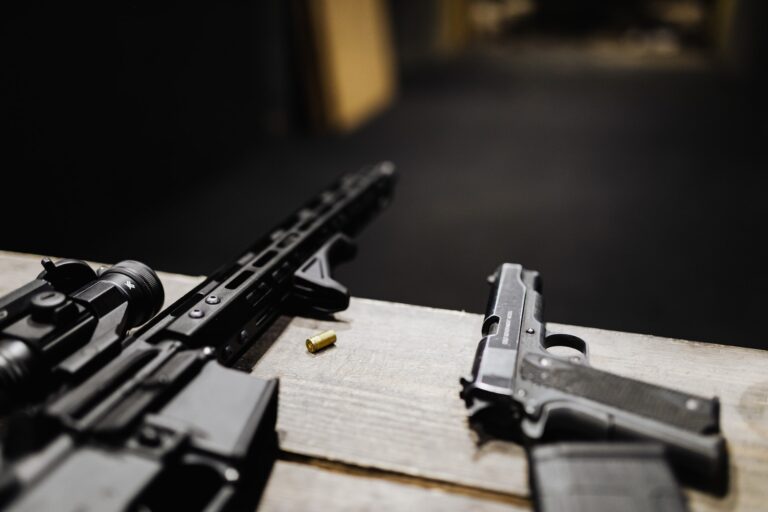Can you legally own a gun in the United Kingdom?
Yes, you can legally own a gun in the United Kingdom, but the process is highly regulated and requires obtaining a firearms certificate or a shotgun certificate. The UK has some of the strictest gun control laws in the world, and the types of firearms that can be legally owned are limited. Additionally, the process for obtaining a firearm licence is thorough and includes background checks, interviews, and inspections.
What is the process for obtaining a firearm licence in the United Kingdom?
To obtain a firearm licence in the United Kingdom, one must apply for a firearms certificate or a shotgun certificate, depending on the type of gun they wish to own. The process includes:
- Completing an application form from the local police force
- Providing two references from individuals who have known the applicant for at least two years
- Providing a passport-sized photograph
- Undergoing a background check and an interview with a firearms licensing officer
- Paying a fee
- Allowing the police to inspect the security arrangements for storing the firearms
Applicants must also demonstrate a good reason for wanting to own a firearm, such as target shooting or pest control on their property. Self-defence is not considered a valid reason for owning a firearm in the UK.
What are the penalties and enforcement measures for violating gun laws in the United Kingdom?
Violating gun laws in the UK can result in severe penalties, including imprisonment. Some of the penalties include:
- Up to five years in prison for possessing a firearm without a certificate
- Up to 10 years in prison for possessing a prohibited firearm
- Up to seven years in prison for supplying firearms to someone without a certificate
Law enforcement agencies in the UK, such as the National Crime Agency and local police forces, work together to enforce gun laws and combat illegal firearms trafficking.
What is the public opinion on guns and firearms in the United Kingdom?
Public opinion on guns and firearms in the United Kingdom is generally in favour of strict gun control. Following mass shootings in the UK, such as the Dunblane massacre in 1996, public support for tighter gun control measures has increased. In a 2017 YouGov poll, 63% of respondents supported stricter gun laws, while only 10% felt that the existing laws were too strict.
What types of guns can be found in the United Kingdom?
Firearms that can be legally owned in the United Kingdom include:
- Shotguns with a capacity of no more than three cartridges
- Rifles for hunting and target shooting
- Certain historical and antique firearms
Prohibited firearms in the UK include:
- Handguns
- Automatic weapons
- Pump-action and semi-automatic rifles with a capacity of more than three rounds
- Weapons disguised as other objects
What are the rules and regulations regarding air rifles and airsoft guns in the United Kingdom?
Air rifles and airsoft guns are subject to certain regulations in the UK. Air rifles with a muzzle energy of 12 ft-lbs or less do not require a licence, but those with higher muzzle energy do. Airsoft guns with a muzzle energy of 1.3 joules or less are not considered firearms and do not require a licence. However, they are subject to the Violent Crime Reduction Act, which regulates the sale, import, and manufacture of imitation firearms.
What are the gun ownership per capita and other gun statistics in the United Kingdom?
According to GunPolicy.org, there are approximately 2.8 million legally owned guns in the UK, with a rate of 4.6 guns per 100 people. The UK has a low rate of gun-related homicides, with 0.06 per 100,000 people in 2019.
Key government laws and resources related to gun control in the UK include:
- The Firearms Act 1968, which regulates the possession, use, and sale of firearms
- The Firearms (Amendment) Act 1997, which banned handguns following the Dunblane massacre
- The National Firearms Licensing Management System, which centralizes firearms licensing information for police forces across the UK
Additional resources and information can be found on the websites of the Home Office and the National Crime Agency.
